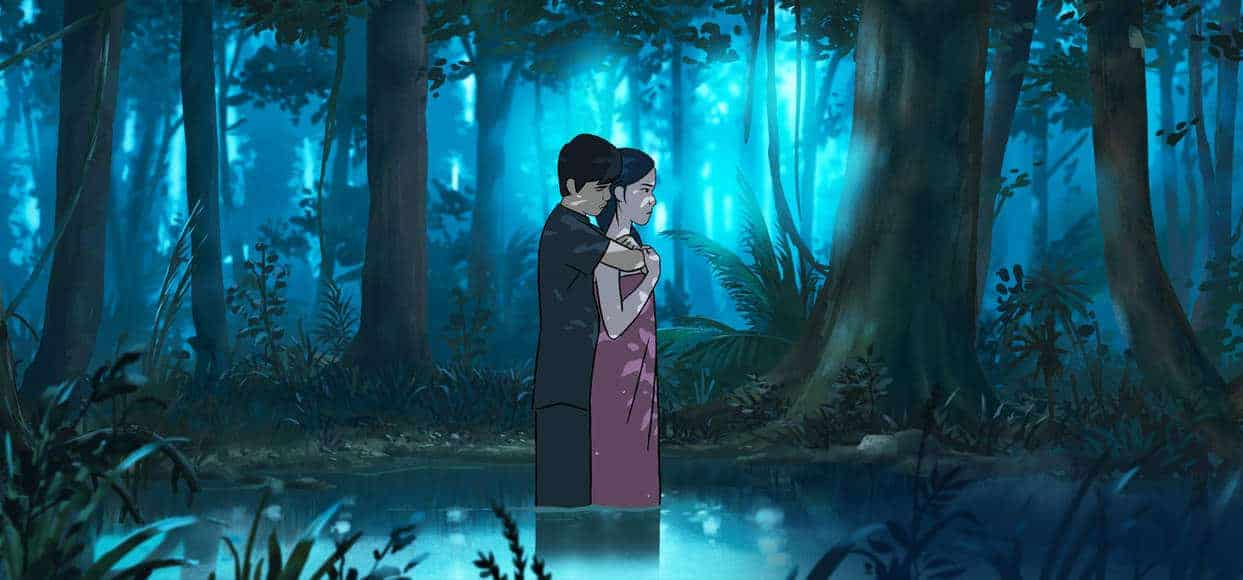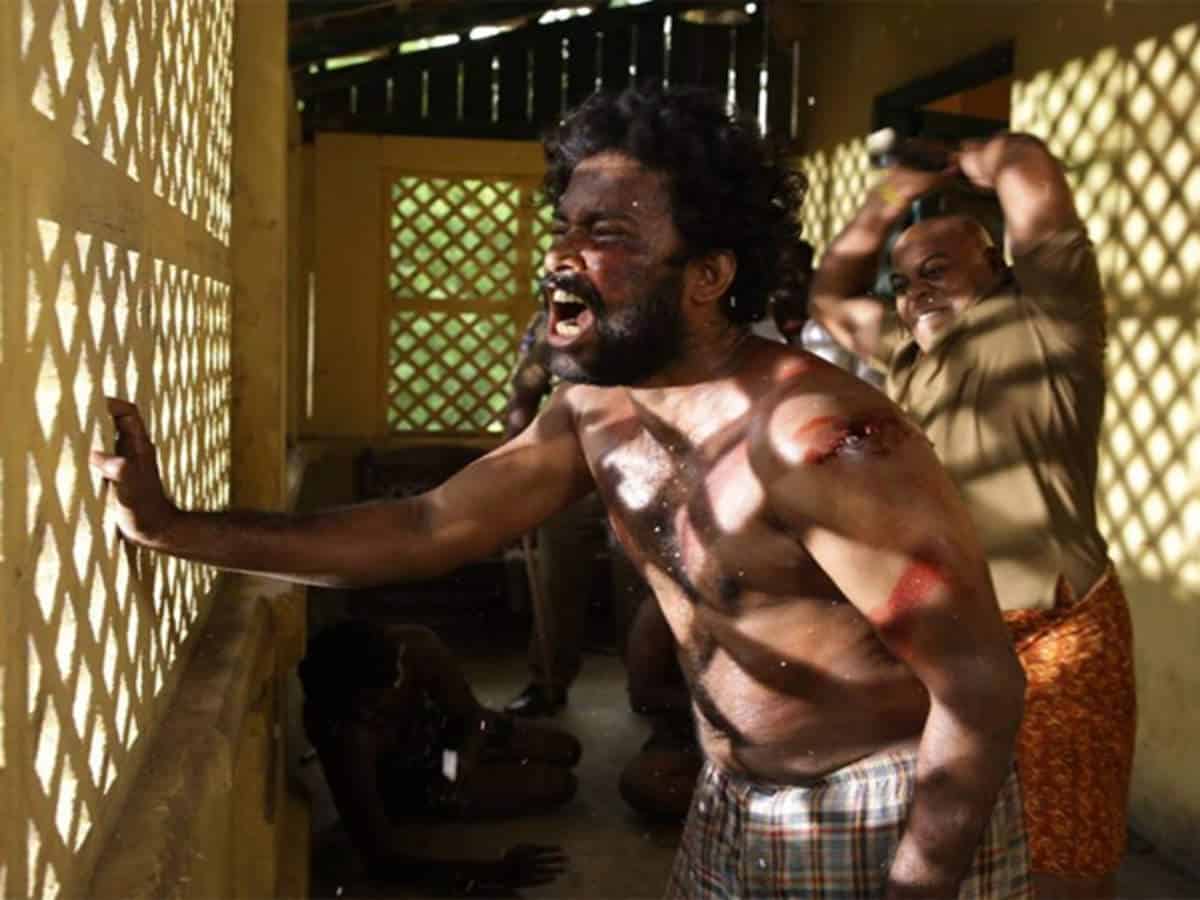Even for experienced directors, adapting a literary text into the medium of film is quite a challenging prospect. While trying to maintain one's unique voice as an artist and creator, you, of course, want to stay true to the material you have, preserving the voice, form and themes inherent in the work. Translation is a form, according to literary scholar Walter Benjamin, which defines and expresses not necessarily the difficulty of said process, but also the need to change or rather explore the possibilities which come with the work, perhaps even opening new paths which, due to the medium of literature, have been closed off earlier. Inspired by the novel of the same title, Japanese director Tadasuke Kotani not only adapts “Tamaran Hill”, but also goes beyond the narrative and form, resulting not only in a work of true poetry, but also one which expresses the versatility of the literary and the cinematic form.
“Tamaran Hill” is screening at Nippon Connection 2020
After having visited her mother's grave, Hinako (Hinako Wantanabe) roams the streets of her hometown, eventually leading her to her favorite bookstore where she picks up a book whose title refers to a place called “Tamaran Hill”. Since the phrase “tamaran” (=unbearable) is one her father's favorite curse phrases, she buys the book and while reading, becomes completely absorbed in the world of the narrative, dealing with the various meanings and connotations of the word “tamaran”.
As she follows the story of Yosuke, a young student ready to explore the true meaning of the word and how it relates to the actual Tamaran Hill, Hinako finds more and more connections to her own life. Eventually, the book's story also sparks her interest as she reads more books about the topic, feeling as if she is also a character in the book whose search for answers to a word and its meanings opens a path to her past and the tragic death of her mother when Hinako was only four years old.
Even though the concept of weaving together various stories might strike you as labyrinth-like at first, Tadasuke Kotani not only manages to maintain its focus, but also a very artful web of interconnected narratives. Based on the various layers of meaning hidden behind a word, the protagonist's exploration into these makes us (as well as her) aware of the beauty inherent in a language's ambivalence. Apart from the various spellings, and thus meanings of the word (Tamaran, Ta-Ma-Ran, Tama Ran), it also becomes apparent how the story of the word becomes a deep exploration of the past, in this case how the meaning “unbearable” was attached to the word. Using animation and overlapping images, Kotani shows the superficial arbitrariness of the word, the letters and the spelling, into a distinct meaning with a unique past.
However, Kotani does not stop there. Upon meeting the author of the novel “Tamaran Hill” Seiji Kuroi, he states how characters are created out of words, and therefore meaning and stories, essentially suggesting how one can explore the history of a word and thus one's own past, perhaps even unravel new meanings and paths. This concept in “Tamaran Hill” is quite clever, opening the viewer's eyes to the beauty of language as the material of literature, but also the images, the material of film, and how both aspects might correlate, creating a deeply layered synthesis.
Considering the aforementioned aspects, you need to comment on the film's form, as it further emphasizes these ideas. First and foremost, Kosuke Kuramoto's quite stunning black-and-white cinematography combined with Kotani's editing and Takayuki Shibata's sound design create a unique form for the film, a fitting reflection of the complexities and beauty of the narrative. Especially the images of the city, the various interconnecting railway lines and streets seem to be an interesting mirror image of these themes.
In the end, “Tamaran Hill” is a film about the power of words and their meanings. Tadasuke Kotani has managed to create a truly unique form, a blend of literary and cinematic techniques, resulting in a movie which fascinates its viewers and also touch them emotionally as the story of its main character unravels.















